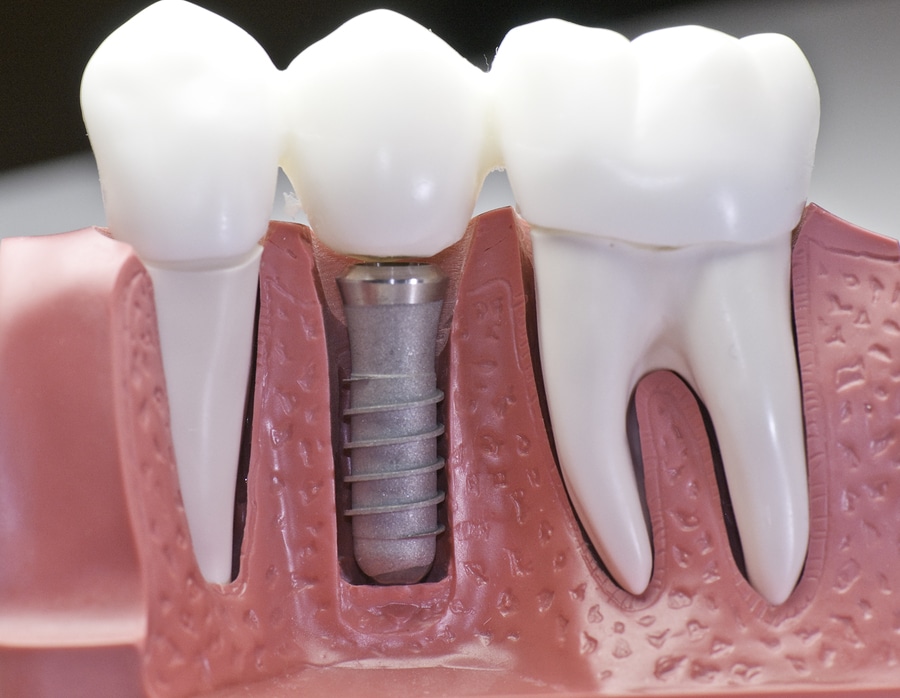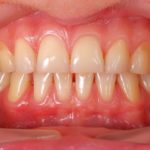
Dr. Pascal Terjanian discusses the pros and cons of dental implants and dentures and how they are used to replace missing teeth.
When a patient requires to replace one or more missing teeth, there are a few alternatives, including dentures and implants. The right option for a specific patient depends on numerous considerations, such as cost, and the condition of your mandible and the other teeth.
Dentures and implants each have their own pros and cons, so it’s vital to review your alternatives with your dentist.
Dentures and implants eventually fulfil the objectives of :
- Help you chew and eat food
- Backing up facial muscles
- increase self-esteem and reduce self-consciousness by giving you a nice smile
However, there are also substantial distinctions between the two dental solutions. Here are some of the advantages and disadvantages for each that should not be overlooked in the decision making process:
Implants
A dental implant comprises an anchor or screw-like component that is fastened into the jawbone and through the gum, then the dental crown is attached to the screw to hold it into place. Implants can offer a replacement for a single tooth or as a bridge, for a few teeth missing in a row.
Pros
- Implants look quite similar to natural teeth.
- They are reliable and steady, with a slight risk of shifting.
- Implants are permanently affixed in the mouth.
Cons
- A weak jaw makes it challenging to ensure the screw and that it will stay in place.
- Unhealthy gums may cause difficulty in effectively safeguarding the implant.
- Implants are more expensive than dentures.
Dentures
Dentures are detachable fake teeth that replace areas with missing teeth. There are two main types of dentures: partial and full.
Full dentures are put over the gums and used when all teeth are missing. Partials utilize metal fasteners or precision attachments to attach to your remaining natural teeth.
Dentures have been a trustworthy and recognized procedure to restore the look and function of teeth for many decades.
Pros
- Dentures have come a long way since their invention. Modern dentists can match your gum color and help you select a tooth color that looks natural.
- Unlike implants, dentures do not need any surgery. Impressions are taken of your mouth.
- One of the main advantages of dentures over implants is the cost. Getting implants for multiple missing teeth can get expensive. Dentures are usually a good option if you only have a few teeth remaining.
In Conjunction with these benefits, there are some downsides to dentures.
Cons
- Dentures take a long time to get used to. At first, you may find it hard to eat and talk like you normally would. Also, because dentures are detachable, they are susceptible to moving around or falling out. This can be equally awkward to the wearer.
- Some limitations such as avoiding hard and chewy foods are undesirable and can prevent you from obtaining a balanced diet.
- To keep dentures in is by utilizing special adhesives which often have an obnoxious flavor and feel.

The Bottom Line
Whether you want to go with dentures or implants, your choice possibly will hinge on numerous considerations, such as the price and the number of missing teeth.
For people missing all or majority of their teeth, a denture may be more appropriate. For someone with only a few missing teeth, implants look and feel more natural and can maintain the bone structure for a strong jaw.
Tune in to Dr. Pascal TarJanian’s blog for more helpful and educative information about dental health and treatments.

